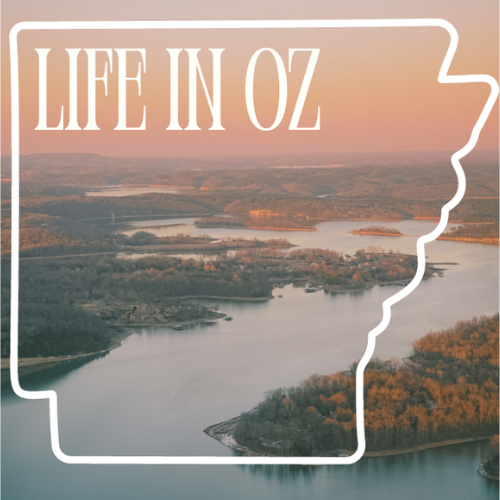Learning a new language is never easy. I find that my initial introduction to learning a language is met with excitement and intensity. This beginning stage soon fizzles out once I’ve mastered the basic pleasantries and sentences that I’ve desperately wanted to learn. I then transition into the second stage of learning where I get frustrated by verb conjugations and “contradictions/exceptions to the rule” bits. In fact, the only language that I have been able to navigate through the second stage horror in is Spanish. Which leaves me with eight languages where I can make small talk and order a coffee.
Since languages are at the core of every culture, it seems to be an essential piece of knowledge to acquire in order to form connections with people from different countries. I also find that learning and attempting to speak in the official language of a country that I am visiting is a small sign of respect. I may not be able to have a deep intellectual conversation in Swahili, but I will always introduce myself and initiate small talk in Swahili before having to switch to broken English and sporadic sign language. I also could tell you the time in Dutch, or order you the best coffee you’ve ever tasted in Italian.
However, even with these limited phrases in each language, I have found myself in some multifaceted conversations with people in varying communities. A discussion in Spanish about the effects of the favelas in Brazil, a confession in Italian from a woman who wasn’t ready to settle down with her fiancée, an insight in Mandarin into a Chinese man’s dream of building his own business in the city, etc.
The more I am able to travel, the more I realize that there are fewer barriers than we expect between cultures. Sure, communication between people in a different language can lead to confusion and is not always the most pleasant experience, but it is an experience that allows for us to remain empathetic to travellers when they navigate our home country. The tourists who spend a holiday in New York City, without any knowledge of English, and somehow by divine intervention remain relatively unscathed will always amaze me.
When we learn a new language, we are essentially saying that we appreciate that culture and are interested in understanding the people of that region on a basic human level. No matter where you are traveling to, I think the simplest thing we can do as travellers is to learn how to say “thank you” in that language while exploring in a new country. “Thank you” is such a common phrase that you might be surprised at how many times you use it in a day. Learning this simple phrase in a new language allows for a polite expression of cultural appreciation.
So in case you are travelling to the following countries below, I’ve listed how to say Thank You in ten different languages.
Arabic: Shukraan
Dutch: dank je
Hausa: na gode
Swahili: Asante
Spanish: Gracais
French: Merci
Italian: Grazie
Icelandic: Takk fyrir or “takk takk”
Mandarin: Xièxiè
Afrikaans: Bai Danke

